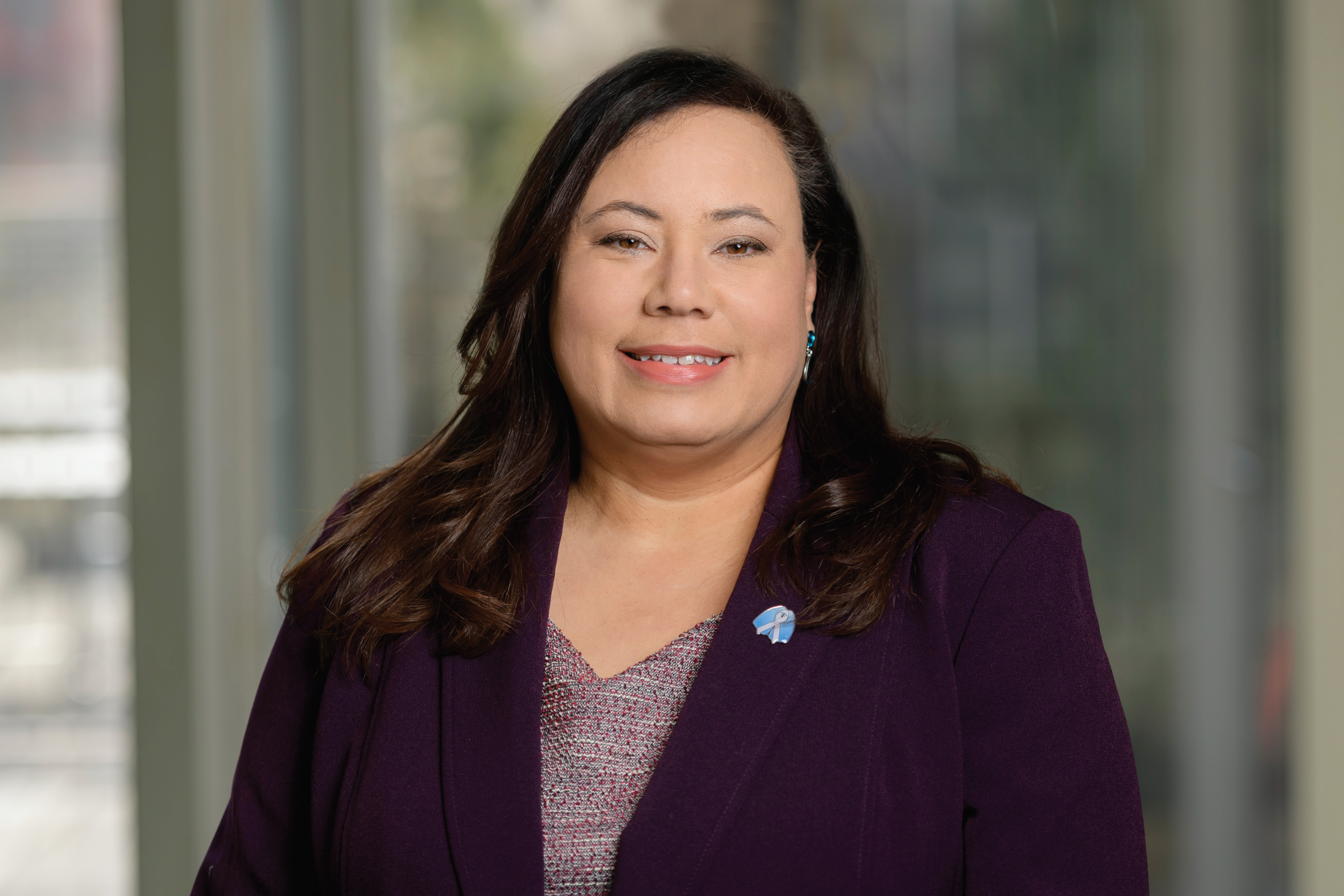
Participation in clinician and patient conversations about lung cancer screening—as well as the actual screening itself—is relatively low. According to one study, only 3.9% of screening-eligible patients had undergone lung cancer screening. Because the screening recommendations are newer, most patients are unaware that they exist, and research highlights that only 10%–12% of the patient population has had conversations with their clinicians about it.
Mass adherence is not the goal; rather, all screening-eligible individuals should discuss their screening options with an informed clinician to decide if it is right for them. Both the decision to be screened and not to be screened are equally appropriate options. The key with lung cancer screening is for high-risk individuals and informed clinicians to weigh the benefits against the risks in the context of medical history, family history, and personal preferences.
One step to furthering the goal of lung cancer screening is understanding how patients perceive the screening process. Because it targets individuals based on a behavior that’s stigmatized in society (i.e., smoking), screening has an added layer of complexity. Many patients believe that clinicians will blame them for their past or present smoking instead of treating them with dignity and acknowledging their addiction as a disease that needs to be treated.
We developed a conceptual model to understand individual lung cancer screening participation and created measures for health beliefs to help clinicians better understand patients’ screening choices. We found five primary reasons for why patients were opting out of lung cancer screening: knowledge avoidance, a low perceived value of screening, worry about false-positive results, practical barriers, and patient misunderstanding. As patient educators, oncology nurses can talk to patients about lung cancer screening, providing information about when it’s appropriate and clearing up common misconceptions.
Ongoing research is looking at multilevel factors influencing the shared decision making process in lung cancer screening. By examining both the patient and clinician perspectives of shared decision-making in lung cancer screening discussions and decisions, we hope to improve patient-clinician communication, screening rates, and adherence to an annual screening program.
Nurses have a vital role as the most important touchpoint in the healthcare system to educate patients about their lung cancer screening options. The greatest barrier from a system perspective is accurately capturing smoking history in an electronic health record. It’s challenging to identify individuals who may be eligible for lung cancer screening without a current and accurate smoking history. Because of the unique relationships they build with patients, nurses can deftly identify individuals who may qualify for lung cancer screening and promote conversations throughout each visit. By increasing awareness and education for lung cancer screening, nurses can help move the needle for their patients at a higher risk for developing lung cancer.






